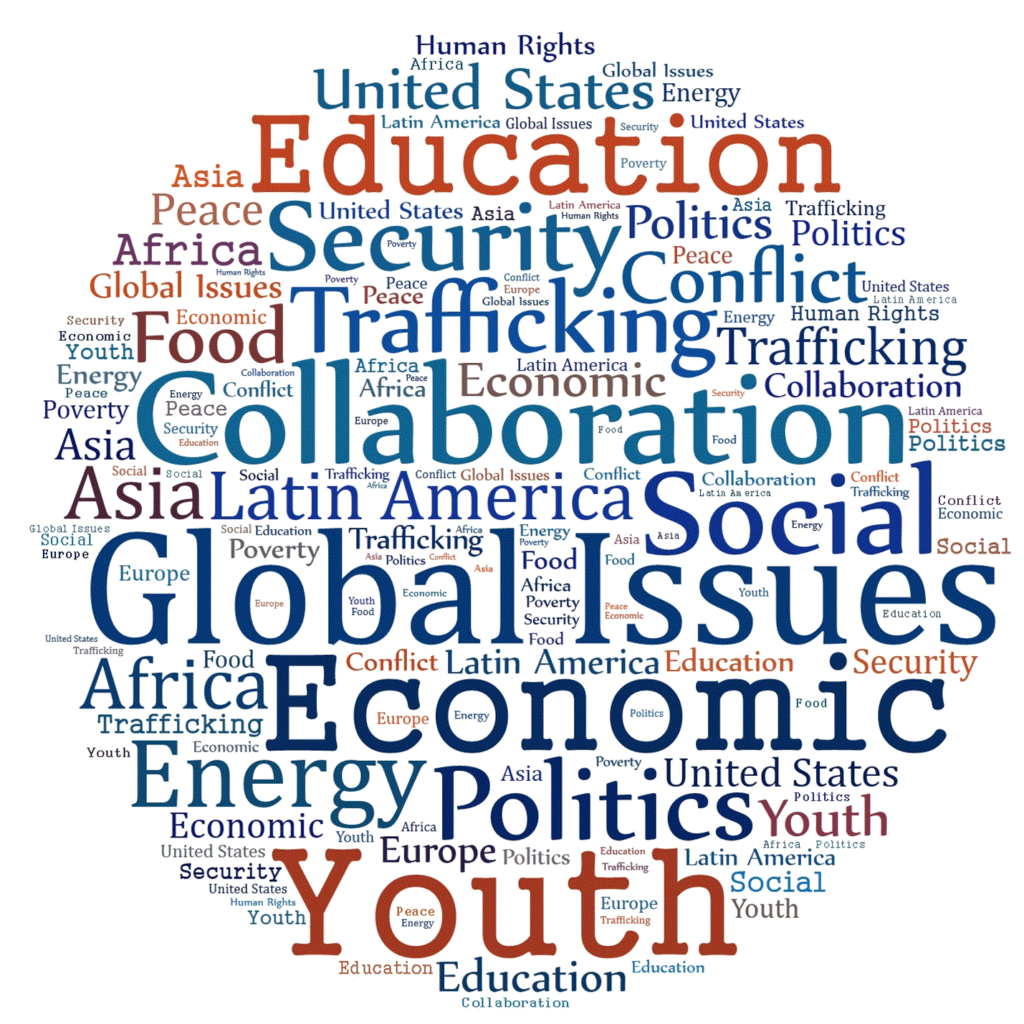
Just Breathe… Through Your Mask
We must continue to enforce existing air pollution regulations to protect human health both during and after the COVID-19 crisis. If we, as a nation and as a world, do not tighten pollution regulations we will see an increase in respiratory health issues and when the next pandemic hits we will have secured our fate by continuously decreasing our air quality… and our chances for survival.

Have you seen the skies over major cities lately? Traffic-free roads, plane-free skies and widespread brick-and-mortar closings have made the entire planet a beneficiary of the coronavirus pandemic in the short term.
The sharp reductions in carbon emissions and air pollution caused by coronavirus-related shelter-in-place orders have offered a preview of the kind of improvements that can be made when drastic action to reduce pollution is taken. But the changes could easily be wiped out by efforts to quickly ramp up economies, including governments around the globe that may be more willing to relax regulations to better jump-start companies after the pandemic.
An estimate shows that China — the world’s biggest polluter — emitted 25 percent less carbon than in the same four-week period the previous year, but experts remain skeptical about any lasting changes. That’s because if history is any indicator, China might not take most green option. Lauri Myllyvirta, lead analyst at the Centre for Research on Energy and Clean Air, based in Finland, said China responded to the 2008 financial crisis with the “biggest, dirtiest stimulus program in the history of mankind.” For the following three years there was rapid growth in CO2 emissions, making it apparent that China took a more carbon-intensive and fossil fuel-intensive path to restoring its economy. They may decide to take that same path again to recover from COVID-19. The response to the economic shock by the leaders of other nations will be critical in where we will end up with air pollution. European Union leaders have said the Green Deal should be a factor in all future planning. Despite pressure to decrease its green ambitions because of the pandemic, the EU has begun talks to create a tighter 2030 climate target.
Things look less promising in the U.S because last week, the Environmental Protection Agency (EPA) confirmed that the Trump administration enacted a sweeping relaxation on the enforcement of regulations in response to the coronavirus pandemic, allowing power plants, factories and other facilities to determine for themselves if they are able to meet legal requirements on reporting air and water pollution; they were essentially granted a license to pollute. The EPA announced it would not tighten air quality standards for fine particle pollution, despite warnings from scientists, including former agency staffers, that the current rules were not strict enough and could result in tens of thousands of premature deaths. The agency also stated that it is not “appropriate and necessary” to regulate mercury and other pollutants from power plants, despite the fact that utilities have already spent millions of dollars to comply with the Mercury and Air Toxics Standards.
This pandemic-crisis has been a boon for the auto industry, with the Trump administration seizing the moment to fulfill a campaign promise to weaken Obama-era emissions standards. Automakers in the EU are also lobbying for a delay in tightening emissions restrictions because of the crisis. And in China, plans for tougher standards look likely to be delayed to help struggling automakers. If pollution regulations are relaxed, the only result will be far worse air pollution than before COVID-19.
The scale of the COVID-19 public health emergency is an unmatched one in our lifetime. This pandemic was sudden and global, which has raised questions that require credentialed information to slow its devastation. A report by the World Health Organization indicated that one in seven COVID-19 patients develop difficulty breathing and other severe complications and usually suffer respiratory failure, failure of other vital systems, and Acute Respiratory Distress Syndrome (ARDS), which has a mortality rate ranging from 27% to 45%. COVID-19 is also associated with a high inflammatory burden that can induce vascular inflammation, myocarditis, and cardiac arrhythmias.
United States government scientists estimate that COVID-19 may kill between 100,000 and 240,000 Americans. The majority of the pre-existing conditions that increase the risk of death for COVID-19 are the same diseases that are affected by long-term exposure to air pollution. The association between average long-term exposure to fine particulate matter (PM2.5) with a variety of health concerns including: premature death in people with heart or lung disease, non-fatal heart attacks, irregular heartbeats, pregnancy outcomes, aggravated asthma, decreased lung function, and increased respiratory symptoms such as inflammation, airway irritations, coughing, or difficulty breathing, is well established. From there, one can make a logical connection that because long-term exposure to PM2.5 adversely affects the respiratory and cardiovascular system, it would also increase the severity of the COVID-19 infection symptoms and could increase the risk of death in COVID-19 patients. During the Severe Acute Respiratory Syndrome (SARS) outbreak in 2003 we learned that air pollution exposure dramatically increased the risk of death, which is also caused by a type of coronavirus.
The COVID-19 pandemic thrust the reality of health disparities into the headlines recently, when a preliminary study showed that people who lived near major sources of pollution are more likely to die of the virus. Although the epidemiology of COVID-19 is evolving, a conclusion has been determined that there is a large overlap between causes of deaths of COVID-19 patients and the diseases that are affected by long-term exposure to PM2.5. It is critically important to identify key modifiable environmental factors such as ambient air pollution, which may be worsening the health outcomes among people with COVID-19.
Flying is one of the most carbon-intensive actions an individual can take, and aviation currently accounts for about 3 percent of total U.S. greenhouse gas emissions. Airlines including Delta and Jet Blue began the year promising carbon offsets amid a growing culture of “flight shaming.” Even though most of the country is staying home, the federal government is forcing airlines to keep planes in the air. According to the U.S. Department of Transportation, airlines are only eligible for their portion of the $25 billion aviation bailout that the Trump administration recently negotiated if they maintain “minimum service requirements.” The federal bailout came with stipulations that if an airline flew a route at least once a day, five times a week before March 1, it must continue to do so during the pandemic — or request an exception. At least nine airlines, including American, United, and Delta, have asked for exceptions so far, but the Department of Transportation has refused to grant most of them. So, planes without passengers are flying through the skies right now, resulting in unwanted pollution for the sole purpose of fulfilling Trump’s stipulation for planes to stay in the air in order to receive the bailout. This bailout would have been a perfect opportunity to force airlines to decrease their carbon footprint. Democratic lawmakers had previously called for the airline bailout to include provisions for lowering emissions from the aviation industry; in the end, however, the money came with no climate-control strings attached.
We must continue to enforce existing air pollution regulations to protect human health both during and after the COVID-19 crisis. If we, as a nation and as a world, do not tighten pollution regulations we will see an increase in respiratory health issues and when the next pandemic hits we will have secured our fate by continuously decreasing our air quality… and our chances for survival.
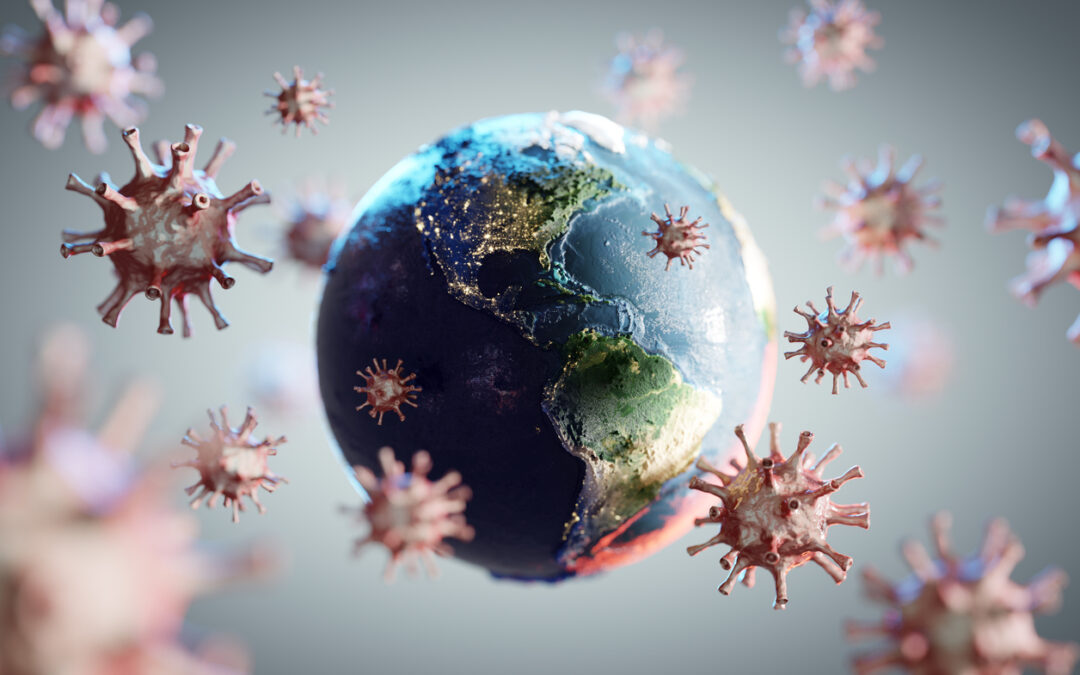
Coronavirus, Climate Change, and the Environment
Coronavirus, Climate Change, and the Environment While there is no direct evidence that climate change is influencing the spread of COVID-19, we do know that climate change alters how we relate to other species on the planet and that does affect our health and...
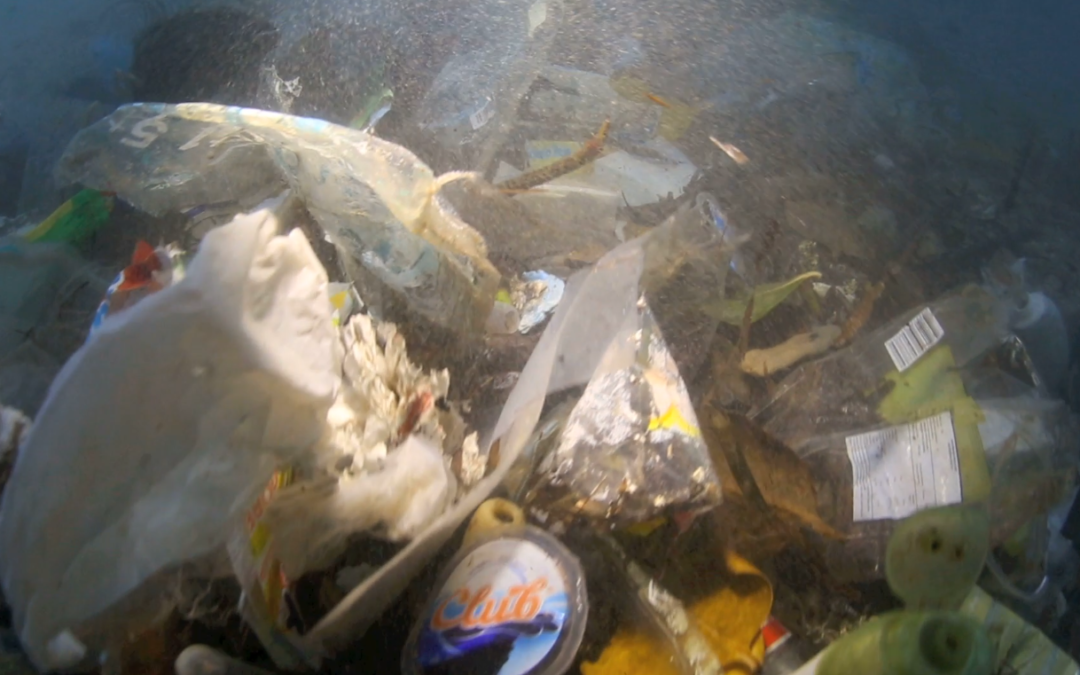
Do you know how much plastic waste is dumped into the ocean?
Do you know how much plastic waste is dumped into the ocean? Click to watch the video. OnPoint Facts What can you do to help reduce our global plastic waste? Other Environment Articles
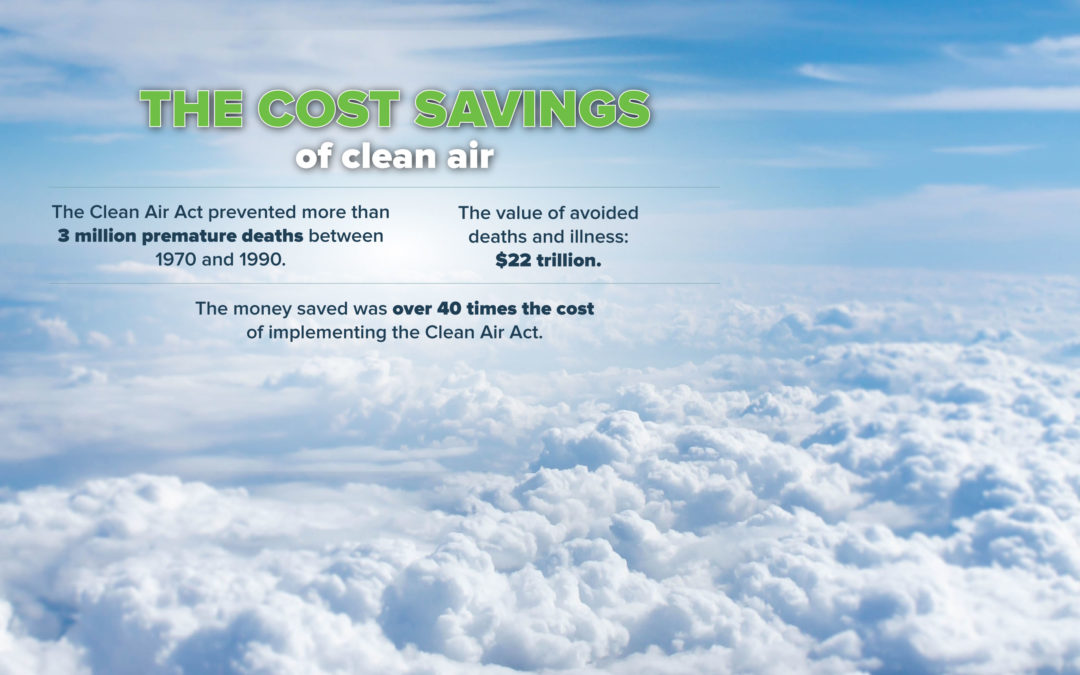
The Clean Air Act: The Economic Growth that Comes With Cleaner Air
Many in our government believe regulations should be rolled back. We invite you to consider the actual cost savings to the Clean Air Act.
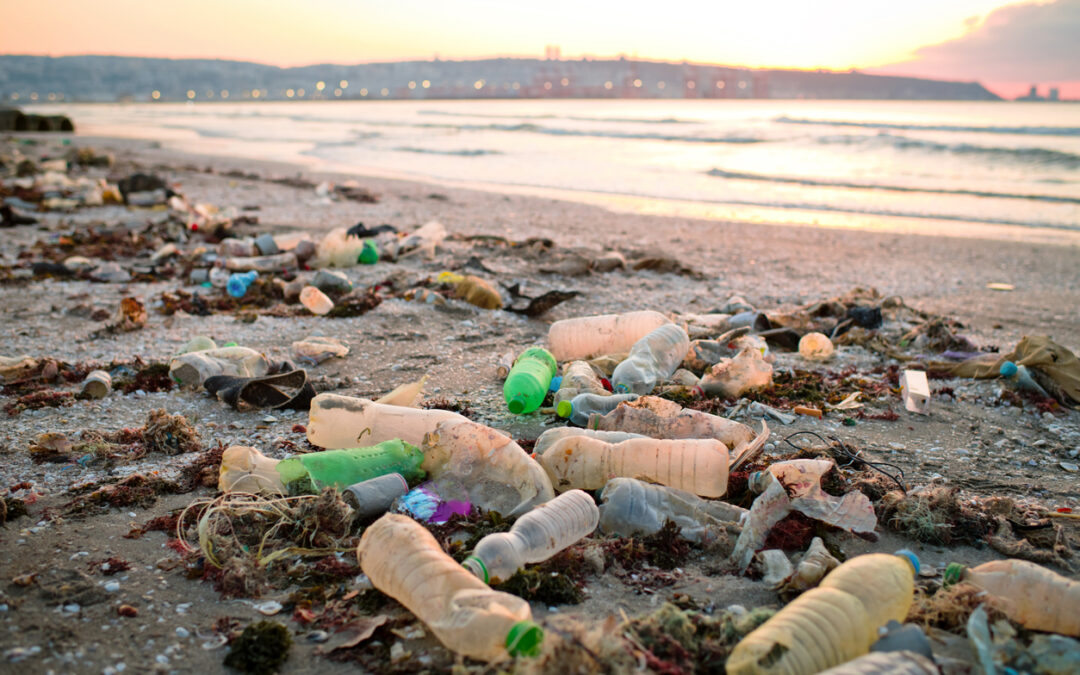
Reduce your participation in the tsunami of plastic rising into the global ocean!
In the by-line for its June 2018 article “Planet or Plastic,” the National Geographic gives a chilling account of the 18 billion pounds of plastic ending up in the global ocean annually, and its devastating effect on marine life. That’s 9 million tons, much of it transported to the ocean by the great river.

